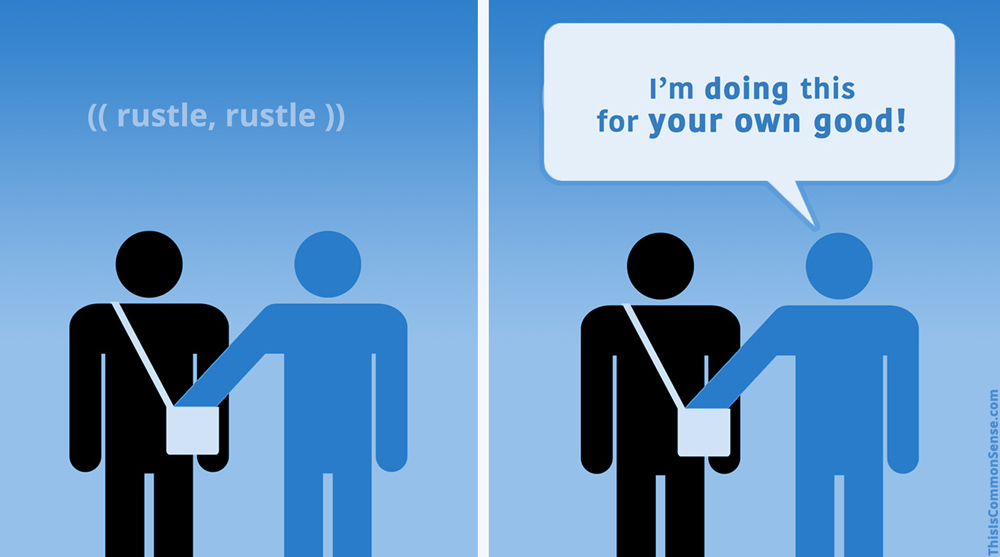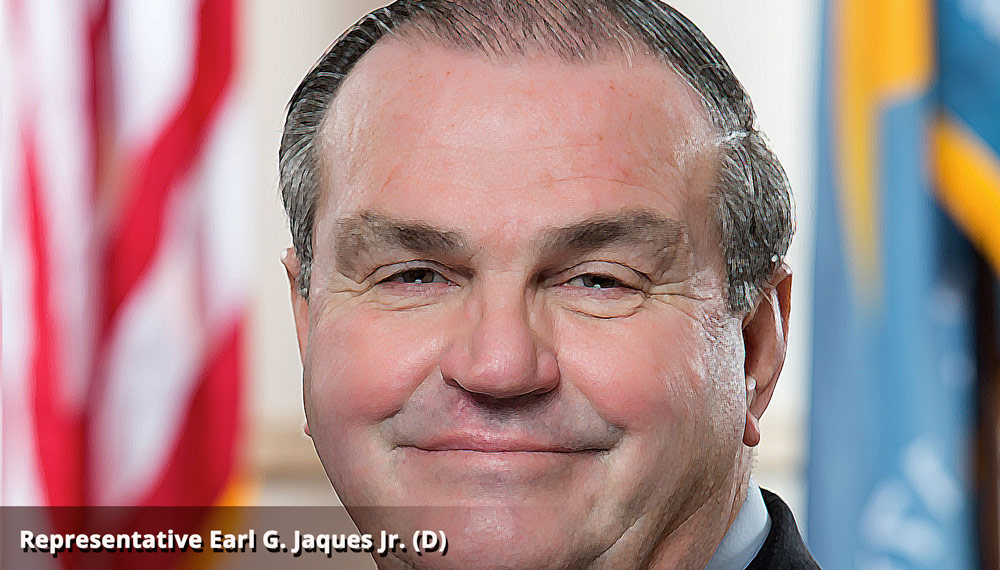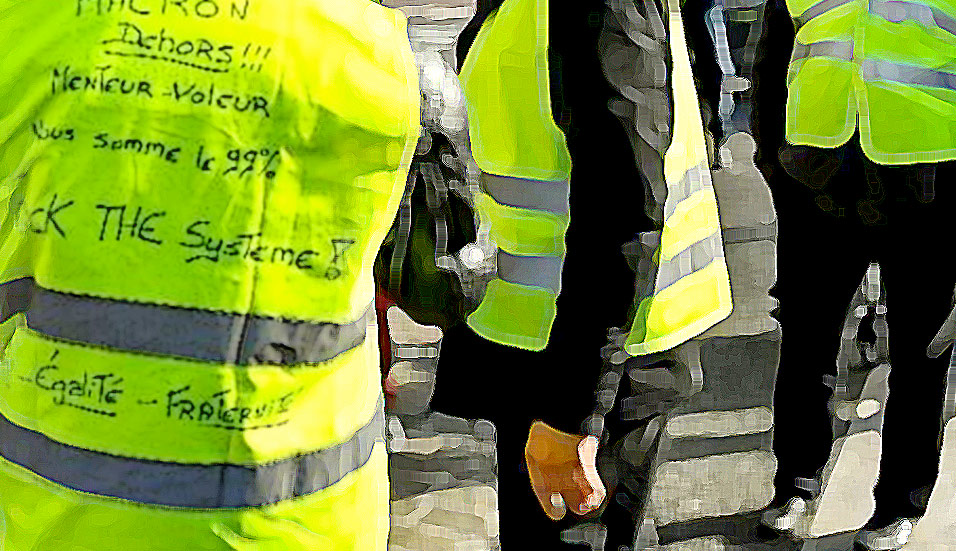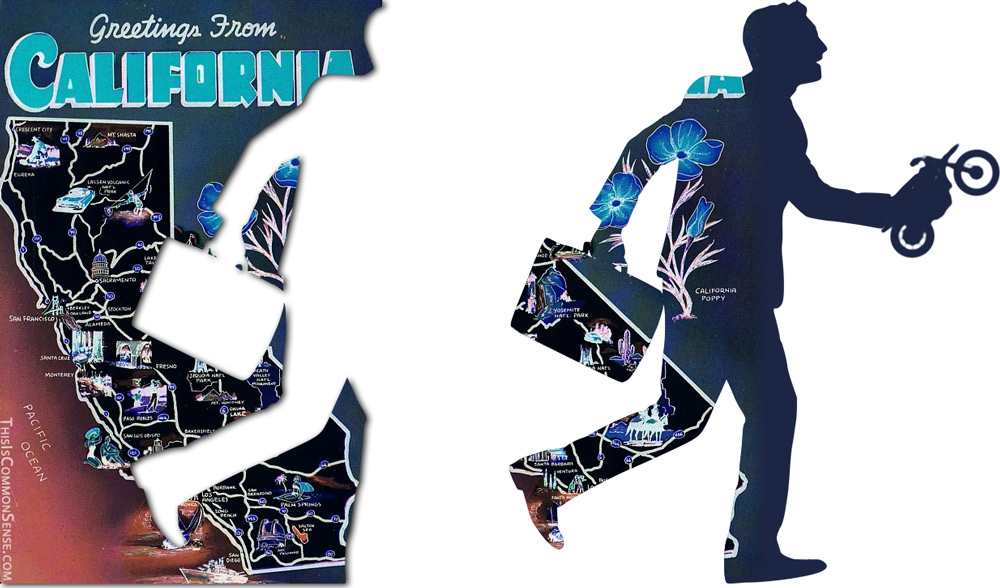Years ago, I dubbed Tim Eyman “America’s #1 freedom fighter,” and how does he repay me? Washington State’s anti-tax crusading initiative guru has gone and stolen my bread-and-butter issue, term limits … and married it up with another one of his tax initiatives.
He’s calling Initiative 1648: Term Limits on Taxes.
“This measure would require state tax increases to expire after one year unless approved by a majority vote of the people,” informs the official ballot title, “and immediately terminate any tax increases imposed in 2019 without such approval.”
Did someone say “tax increases”?
“They went absolutely bonkers this legislative session,” Eyman told radio host Lars Larson recently. “There were 11 tax increases; they totaled over $27 billion over the next ten years. And there’s just no checks and balances.”
Speaking with Dori Monson of KIRO Radio, he noted that “all of them were passed without a vote of the people. This initiative says whenever they raise taxes without a vote of the people, we’re going to put it on a strict time limit.”
But with a July 5th deadline, supporters have less than two weeks left to gather the 320,000 voter signatures required on the petition.
It is terrible that Evergreen State voters can’t term-limit their state legislators directly. But in 1998, the state supreme court struck down a term limits initiative passed by voters, ruling that a constitutional amendment was required — something only legislators can propose.
Now, thanks to Mr. Eyman, at least voters can slap term limits on their legislators’ tax increases.
Still, he stole the idea from me.
This is Common Sense. I’m Paul Jacob.

—
See all recent commentary
(simplified and organized)










